The sex ed heroes taking on Trump
As Donald Trump signs away the reproductive rights of women worldwide, these global sex education champions are taking matters into their own hands
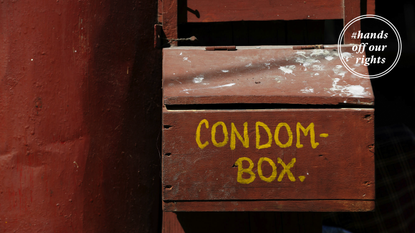
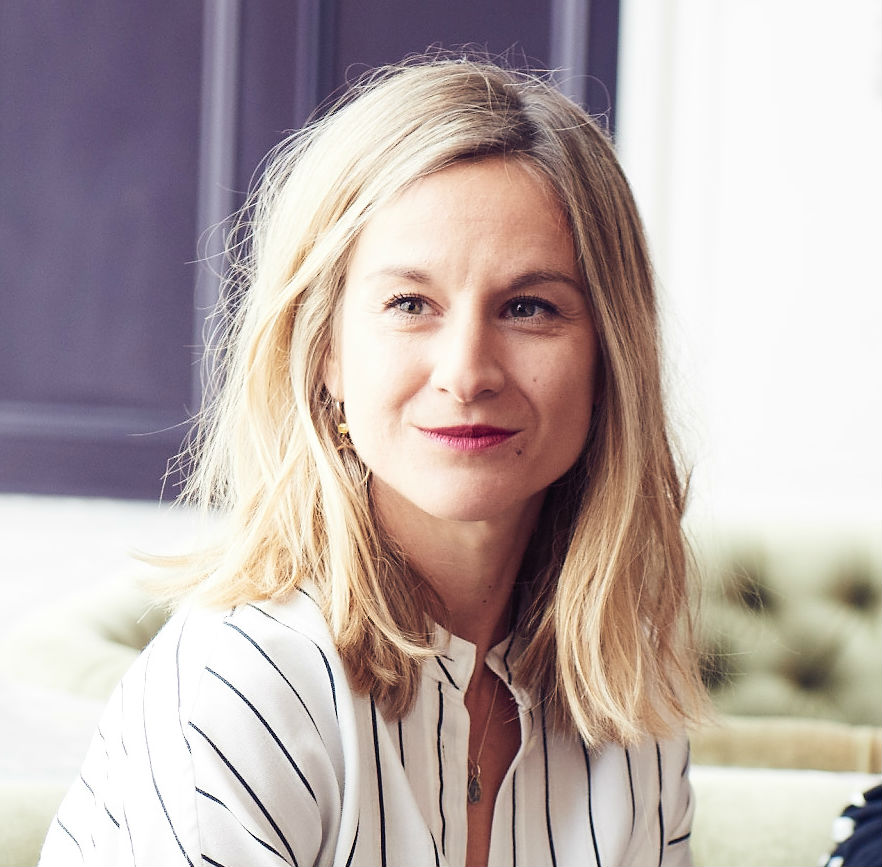
As Donald Trump signs away the reproductive rights of women worldwide, these global sex education champions are taking matters into their own hands
America's new President and a group of other privileged, white men have just signed a bill that will restrict the reproductive rights of women and girls all over the world.
Around $600 million of US money is currently spent on funding family planning and supports up to 27 million women worldwide. This is thanks to Barack Obama (and Bill Clinton before him) who scrapped Ronald Regan’s 1984 Mexico City Policy – known as the ‘Global Gag Rule’ – which banned funding to any nongovernmental organisation if they offer abortions, or even advise on them.
This funding – which is thought to have prevented 6 million unplanned pregnancies and stopped up to 2 million women and girls having unsafe abortions, thus saving the lives of at least 11,000 worldwide – has now been scrapped by Donald Trump in his first week in the White House. It’s not good news for women, clearly.
But thankfully a brave collective of women and girls are taking matters into their own hands at grassroots level, in communities all over the world. The Women Deliver Young Leaders are an amazing group of young people who are making change happen every day to protect women's sexual and reproductive rights and to promote gender equality. The Young Leaders are doing incredible work in their local communities – from Africa to South America and everywhere in between - to make contraception more accessible and to educate young girls on their sexual health.
We’ve seen and read enough about the men hijacking our basic human rights. So let’s meet the empowering women – and World Contraception Day (September 26th) Ambassadors - who’re trying to save them…
Kizanne James, in Trinidad and Tobago
Kizanne is developing a website and mobile app to help educate young people on the most effective forms of contraception and where to access them in the densely populated St Joseph District of Trinidad and Tobago. By debunking myths and sharing young people's stories, Kizanne is showing the positive impact of contraception, creating healthier attitudes towards youth access to contraception, and advocating for greater government involvement in sexual and reproductive health policies and programs. She is also working on a documentary featuring six young people discussing their experiences with contraception across the region.
Marie Claire Newsletter
Celebrity news, beauty, fashion advice, and fascinating features, delivered straight to your inbox!
Nana Abuelsoud, in Egypt
Nana is exploring the inaccessibility of contraception at local pharmacies for young, married and unmarried women in Cairo, Egypt. Through in-depth interviews and focus groups with young people and pharmacists, Nana is collating data on how attitudes and barriers may dissuade young people from using contraception. Nana will use her findings to make recommendations to policymakers on how to make pharmacy services more youth-friendly.
Makananelo Ramoholi, in Lesotho
Makanenlo is addressing the high rates of pregnancy at the National University of Lesotho, outside the capital city of Maseru. Despite having a clinic on campus, the services are not youth-friendly or accessible to students. By collecting stories about contraception access from female students, Makananelo is raising awareness of the barriers that these young women face when trying to access contraceptive information and services on campus and advocating for a stronger comprehensive sexuality education program at the university.

-
 Is this pink dress the must-have style of Spring/Summer 2024?
Is this pink dress the must-have style of Spring/Summer 2024?The balletcore dress of dreams
By Jazzria Harris
-
 Free weight exercises promise to boost both muscle and tone - 6 to add to your next sweat session
Free weight exercises promise to boost both muscle and tone - 6 to add to your next sweat sessionEffective from both home and the gym.
By Abbi Henderson
-
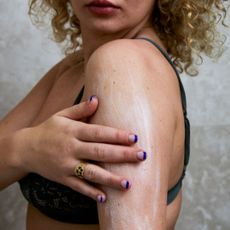 If you’re after the best body cream for dry skin, these 9 passed my scrupulous testing process
If you’re after the best body cream for dry skin, these 9 passed my scrupulous testing processFrom super rich to lightweight (but still hydrating) formulas
By Valeza Bakolli
-
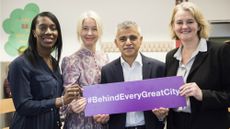 Sadiq Khan has launched a major new equality campaign #BehindEveryGreatCity
Sadiq Khan has launched a major new equality campaign #BehindEveryGreatCitySadiq Khan speaks to Marie Claire about #BehindEveryGreatCity, a major new campaign for gender equality across London
By Marie Claire
-
 Women’s Rights in 60 seconds
Women’s Rights in 60 secondsThink you know yours?
By Rosie Benson
-
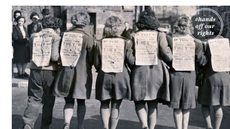 Here’s how to celebrate International Women’s Day
Here’s how to celebrate International Women’s DayWhether you want to venture outside or stay at home this International Women's Day, here is a run down of events and campaigns across the country to help you celebrate...
By Marie Claire
-
 This Oklahoma anti-abortion bill wants men to approve all abortions
This Oklahoma anti-abortion bill wants men to approve all abortionsOklahoma is pushing an anti-abortion bill that will have Donald Trump beaming, and women everywhere terrified
By Tracy Ramsden
-
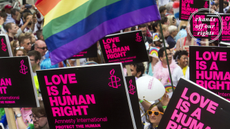 #WomensMarch: 11 reasons why we marched
#WomensMarch: 11 reasons why we marchedWith Saturday marking the biggest international march in history: a protest against the now President Donald Trump, 11 women involved explain why they took to the streets...
By Marie Claire
-
 The best banners from #WomensMarch
The best banners from #WomensMarchAs 100,000 people turn out for the Women's March in London, we look back on the most badass banners helping to spread the women's equality message
By Marie Claire
-
 This is why Team Marie Claire thinks marching works
This is why Team Marie Claire thinks marching worksIn 10 years time, when people ask you where you were for the biggest international march in history, what will you say?
By Andrea Thompson
-
 'Why I'm going to the Women's March in Washington'
'Why I'm going to the Women's March in Washington'One New York woman travelling to The United States Capitol tells her story
By Delphine Chui